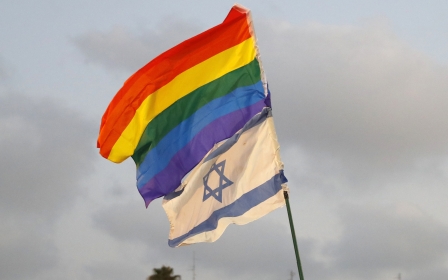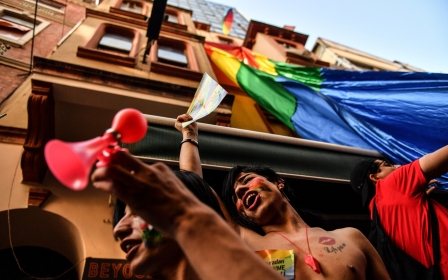Disney's Onward banned in several Middle East countries over lesbian reference

Several countries in the Middle East have banned the new Disney and Pixar's film Onward over a reference to a same-sex relationship.
Authorities in Kuwait, Oman, Qatar and Saudi Arabia refused to screen the film which has a passing reference to a lesbian relationship between two secondary characters.
The movie centres on a pair of teenage elf brothers, voiced by Hollywood stars Chris Pratt and Tom Holland, on a quest to resurrect their dead father.
The scene in question comes when the two main characters get into a conversation about parenting with two female police officers.

One of the female police officers says: "It's not easy being a new parent – my girlfriend's daughter got me pulling my hair out, okay?"
Last month, the company revealed the film would feature Pixar's first-ever lesbian character.
While those countries issued a full ban on screening the movie, cinemas in Russia will censor the scene, changing the word "girlfriend" to "partner", Deadline reported.
It follows the country censoring scenes in Elton John's biopic Rocketman and Avengers: Endgame last year due to LGBTQ references.
Last year, the president of Marvel Studios, which is owned by Disney, discussed the Marvel Cinematic Universe's plans to include more LGBTQ characters.
"We want the movies to reflect the audience and we want every member of our global audience to see themselves reflected on the screen. And that's what we've been doing for a long time," Kevin Feige said to i09 News.
Preview screenings for Onward launched in North America last week at $2m. The film made $40m in the opening weekend domestically, with another $28m internationally.
This article is available in French on Middle East Eye French edition.
Middle East Eye delivers independent and unrivalled coverage and analysis of the Middle East, North Africa and beyond. To learn more about republishing this content and the associated fees, please fill out this form. More about MEE can be found here.




